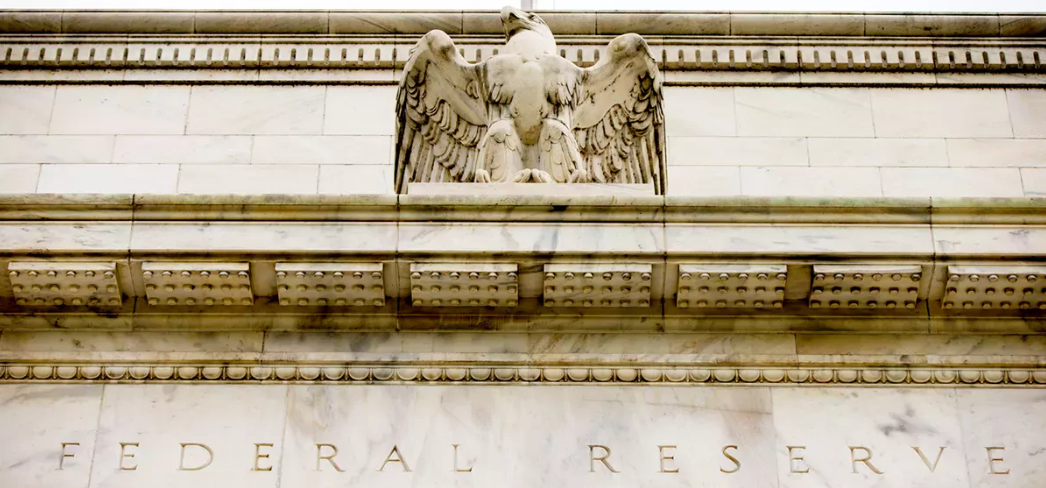
François Christen
Chief Economist
Compulsive and continuous interest rate hikes could give way to a long period of inaction.
Original article published in French on agefi.com

The ECB Governing Council has made the legitimate choice not to procrastinate by raising its three key interest rates by 0.25% to unprecedented levels. The interest rate applied to deposits has thus been raised to 4%. However, the central bankers clearly expressed their view that conditions were now sufficiently restrictive to beat inflation in the medium term.
The ECB’s decision and communication are likely to be the result of a negotiation between “hawks” and “doves”, all of whom have strong arguments to put forward in view of the inertia of inflation and the obvious deterioration of the economic situation in Europe. The inflation forecasts unveiled last Thursday (5.1% in 2023, 2.9% in 2024 excluding energy and food) are still not compatible with easing before the end of next year. The ECB therefore appears to be heading for a long period of immobility (with a bias towards additional austerity).
The restrictive stance adopted by the ECB and the influence of the USA have pushed up the structure of interest rates in euros, driving the yield on the 10-year German Bund to around 2.7% and the yield on the 2-year Schatz to close to 3.25%.
In the USA, US Treasury yields are also on the rise. The yield on the 10-year T-Note reached 4.35% ahead of an FOMC meeting which is expected to result in a status quo with a warning of possible further interest rate hikes. As always, we’ll be paying close attention to the FOMC members’ updated forecasts and to the famous “dot plot” chart, which prefigures the evolution of the Fed funds rate until the end of 2025.
As expected, inflation accelerated in August to 3.7%, driven by a sharp rise in petroleum product prices. Excluding energy and food, annual inflation continued to fall, to 4.3%. However, the monthly variation of 0.3% was slightly faster than in the previous two months. Producer prices were erratic, posting a sustained monthly increase of 0.7%, but an annual variation of 1.6% in line with the Fed’s targets.
Retail sales, up 0.6% in August, were surprisingly strong, showing that households have not yet given up, despite the erosion of “real” incomes caused by inflation. However, the decline in the University of Michigan’s consumer confidence index (67.7 in September after 69.5 in August) seems to signal a loss of steam. The modest 0.1% rise in manufacturing output is far from alarming, but it does invalidate the contraction signal from the ISM surveys. In short, recent indicators continue to support hopes of a “soft landing” for the US economy, but also the prospect of persistently high interest rates.
In addition to the Fed, the Bank of England and the Swiss National Bank are due to make decisions this week. Both institutions are likely to raise their key interest rates by 0.25%. The Britons are still facing a serious inflation problem, which has led to a worrying “price-wage” loop. The Swiss are in a more comfortable situation, and could reasonably maintain the status quo if Thomas Jordan hadn’t sent out a number of signals that it would be unwise to deny. The rate applied to SNB deposits should thus peak at 2%.










